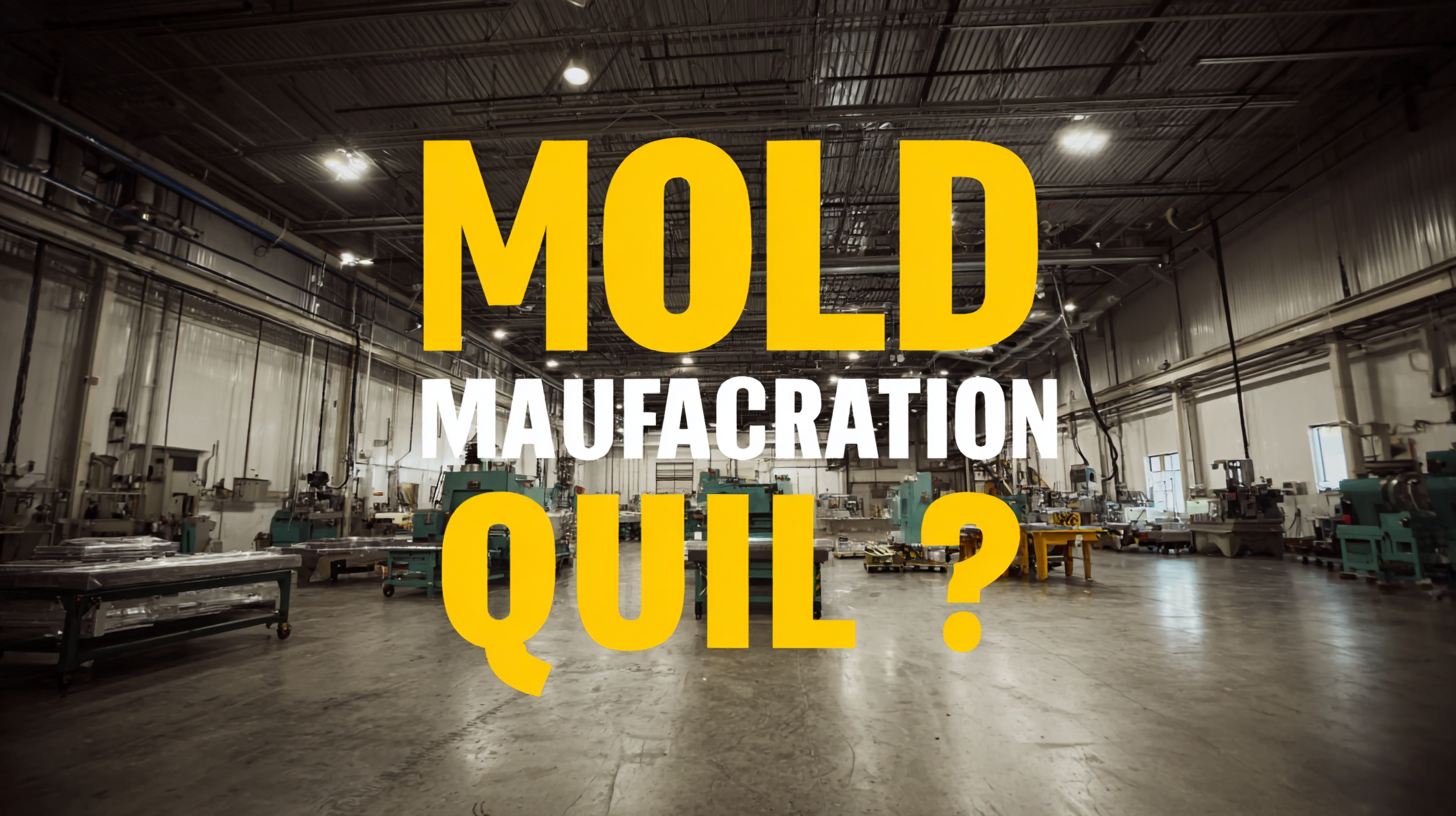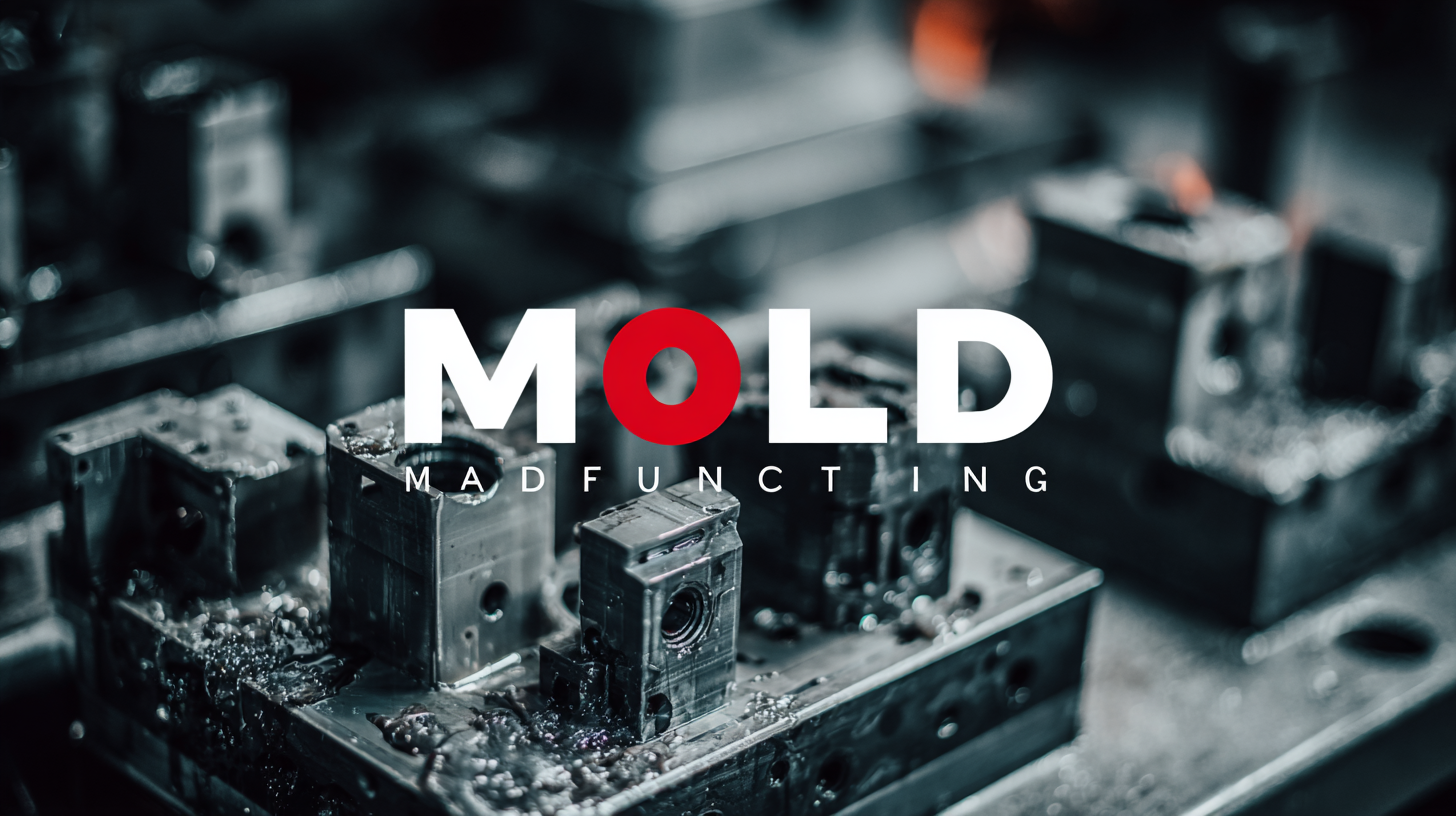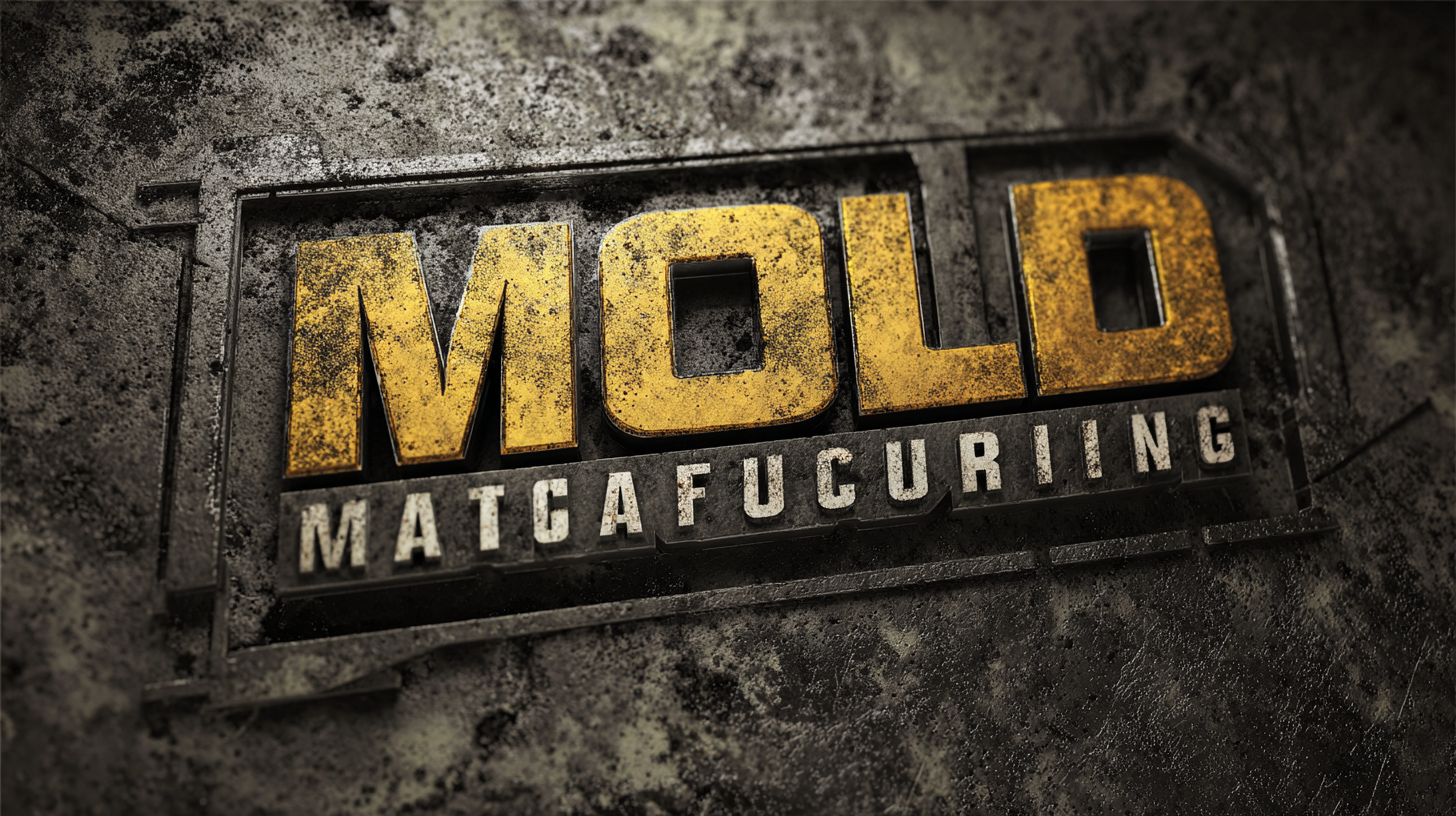


Choosing the right mold manufacturing partner is a critical decision that can significantly impact the success of your business. As industries increasingly rely on precise and efficient production processes, the demand for high-quality molds has surged. A reliable mold manufacturing partner not only ensures the production of durable and accurate molds but also understands the unique needs of your business.

From understanding your specific project requirements to offering innovative solutions and timely delivery, the ideal partner can make all the difference. In this blog, we will explore essential factors to consider when selecting a mold manufacturing partner, highlight real-world examples of successful collaborations, and provide insights into establishing a fruitful partnership that aligns with your business objectives.
Whether you are a startup or an established company, making an informed choice in mold manufacturing can lead to enhanced product quality, reduced costs, and improved time-to-market.
In 2025, the landscape of mold manufacturing will significantly transform, driven by advancements in technology and shifting industry demands. Businesses must adapt to these changes by strategically evaluating their partnerships with mold manufacturers. A strong partnership not only ensures quality production but also fosters a collaborative environment that encourages innovation. As companies increasingly prioritize sustainability and customizable solutions, choosing a manufacturer that aligns with these trends will be critical for long-term success.

When selecting a mold manufacturing partner, it is essential to consider several key criteria to ensure that the collaboration aligns with your business needs. Recent industry data highlights the importance of evaluating a partner's technological capabilities. A manufacturer equipped with advanced machinery and software can improve precision and reduce lead times, resulting in higher-quality molds. Assessing their production processes for scalability is also crucial, as it allows for adjustments based on your project’s volume requirements without compromising quality.
Another vital factor to consider is the supplier's track record and reliability. Look for partners with a history of successful projects, as well as positive client testimonials. A strong reputation in the industry often indicates the ability to meet deadlines and maintain open communication throughout the production process. Additionally, evaluate their adherence to industry standards and certifications, as this reflects a commitment to quality and regulatory compliance.
By focusing on these critical criteria, you can confidently choose a mold manufacturing partner that not only meets your technical requirements but also complements your overall business strategy.
In today’s rapidly evolving manufacturing landscape, understanding technological innovations in mold manufacturing is crucial for businesses seeking a competitive edge. Advanced technologies such as 3D printing, computer-aided design (CAD), and automation have revolutionized the mold-making process, enabling manufacturers to produce high-quality molds with greater precision and efficiency. By utilizing these innovations, businesses can minimize lead times, reduce production costs, and enhance the overall quality of their products.
Moreover, the integration of smart technologies like the Internet of Things (IoT) into mold manufacturing allows for real-time monitoring and data analysis, providing valuable insights that can inform production decisions. This not only streamlines operations but also facilitates predictive maintenance, thus reducing the risk of unexpected downtimes. Choosing a mold manufacturing partner that embraces these technological advancements can significantly influence your business's success, ensuring that you stay ahead of the competition in an increasingly dynamic market.
| Criteria | Importance Level (1-5) | Technological Innovation | Notes |
|---|---|---|---|
| Experience in the Industry | 5 | Use of CNC Machining | Experience with complex designs is crucial. |
| Quality Control Measures | 5 | Real-time Monitoring Systems | High standards ensure product reliability. |
| Lead Time and Delivery | 4 | Automation in Production | Timely delivery can be a competitive edge. |
| Cost of Services | 3 | Cost-effective Manufacturing Techniques | Balance quality and affordability. |
| Customer Support and Communication | 4 | Integrated Communication Tools | Effective communication boosts collaboration. |
When selecting a mold manufacturing partner, evaluating cost efficiency and quality assurance should be at the forefront of your decision-making process. Cost efficiency goes beyond just the price per unit; it encompasses the overall value you receive throughout the production lifecycle. A partner that offers competitive pricing while maintaining high production standards can help keep your project within budget without compromising quality. It’s essential to analyze the partner’s ability to deliver on time, manage material costs, and utilize advanced technologies, as this can significantly impact your bottom line.
Equally important is ensuring quality assurance in your mold manufacturing process. This involves looking for a partner who employs robust quality control measures at every stage of production. Assessing the track record of potential partners in meeting industry standards and certifications will provide insight into their commitment to quality. Regular inspections, thorough testing, and a transparent feedback loop can all contribute to consistent product quality. By prioritizing both cost efficiency and quality assurance, you can forge a partnership that not only meets but exceeds your business needs.

When choosing a mold manufacturing partner, the role of sustainable practices has become increasingly vital. According to a 2021 report by the Global Sustainability Institute, over 70% of consumers prefer purchasing from companies that prioritize sustainability. This demand for eco-friendly practices indicates that your mold manufacturing partner should not only meet your quality and cost requirements but also align with environmental goals. Sustainable practices can reduce waste, lower emissions, and enhance the overall efficiency of manufacturing processes, all of which contribute to a healthier planet and a positive brand image.
Tip: Assess your potential partner's environmental certifications, such as ISO 14001, which demonstrates their commitment to sustainable practices.
Moreover, incorporating sustainable practices can lead to long-term cost savings. A report from the McKinsey Center for Business and Environment suggests that companies embracing sustainability in their supply chain management experience a 10-15% reduction in operating costs within five years. This highlights the importance of evaluating a partner's commitment to sustainable innovation, such as using recycled materials and energy-efficient technologies.
Tip: Ask for information on their sustainability initiatives and inquire about any energy-efficient technologies or processes they implement in their production.